06/25/20
UNIVERSITY HOSPITAL RECEIVES $1.5 MILLION TRAUMA RECOVERY CENTER GRANT
Grant Will Help Survivors of Violent Crimes and People Who Lack Access to Traditional Services, Including Homeless or Mentally Ill
Today, University Hospital formally accepted and announced the receipt of a Trauma Recovery Center (TRC) grant through the New Jersey Office of the Attorney General. The award of approximately $1.5 million to the collaborative partnership with Rutgers New Jersey Medical School (Rutgers NJMS), will help fund the Hospital’s TRC program through March 2022.
The University Hospital-Rutgers NJMS partnership was one of four New Jersey TRCs selected for this grant. All four TRCs are located in underserved areas of the state. Dr. Erin Zerbo, a psychiatrist with Rutgers NJMS, will lead the TRC. Under the grant criteria, the University Hospital-Rutgers TRC will be derived from the proven University of California San Francisco (UCSF) Trauma Recovery Center model. The founder of this model, Dr. Alicia Boccellari, Director of Special Programs at the UCSF TRC, will provide advice and training for each of New Jersey’s centers.
Trauma Recovery Centers provide outreach and assistance to crime victims who typically are unable to access traditional health services, including the chronically mentally ill, immigrants/refugees, people with disabilities, members of the LGBTQ community, people of diverse ethnicity or origin, or those who lack housing. Service is provided to members of these populations who are survivors of violent crimes, including sexual assault, domestic violence, battery, crimes of violence (shootings, gang violence, and other forms of community violence), vehicular assault, and human trafficking.
Crime victims need protection, specifically crime victims who lack access to the services they need most. Emotional and physical harms suffered by victims traditionally run deep, and in many cases remain long after the original crime. In the aftermath of the crime, victims traditionally feel angry, paralyzed with fear, hopeless and overwhelmed. Others need continued medical care, safer housing, access to social services, and help navigating the criminal justice process as a victim.
The TRC model emphasizes a prevailing attitude of “cultural humility” on the part of staff, as well as an awareness that a victim’s culture and identity may affect his or her views on being a victim and receiving mental health treatment. Once in care, support services include individual and group treatment, medication management, substance use treatment, case management and assertive outreach. Patients are provided access to a complete multidisciplinary staff of clinicians including a clinical director, social worker, psychologist and psychiatrist. Mental health services and case management are delivered through a single point of contact.
University Hospital’s grant application, and the other successful grant applicants, included previous experience in delivering trauma-related mental health services to survivors of violent crime from underserved communities, and a willingness to provide flexible, client-centered, innovative and multi-disciplinary care to survivors.
“This grant will help some of our city’s most vulnerable people – folks who have experienced various types of trauma in their lives,” said Shereef Elnahal, MD, MBA, President and CEO of University Hospital. “As one of Newark’s anchor institutions, we are always trying to move further upstream and attack the social root causes of our community’s health problems.”
